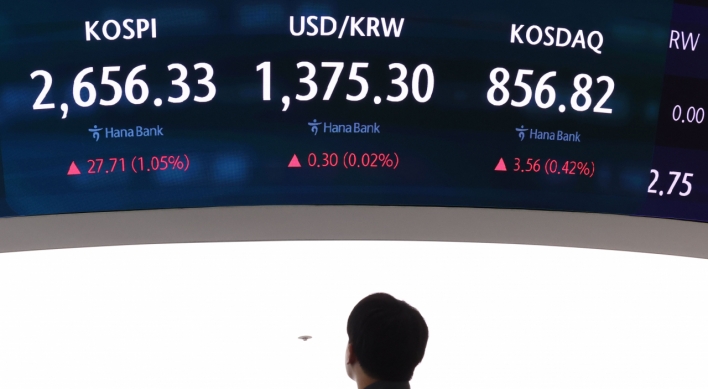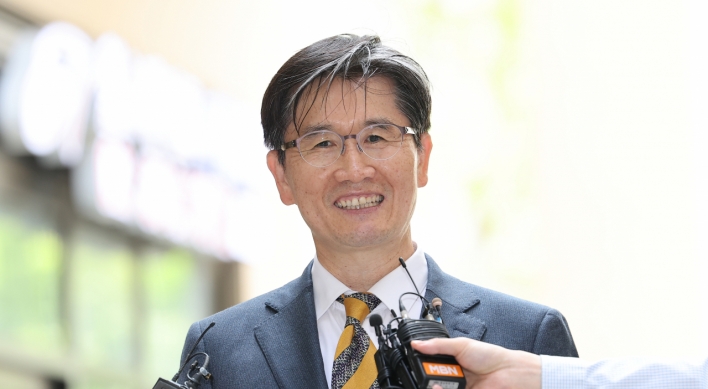Cha Vaccine Institute develops its own mRNA delivery system
By Shim Woo-hyunPublished : Jan. 26, 2024 - 15:46

The Cha Vaccine Institute, a vaccine development arm of Cha Medical and Bio Group, has developed its own messenger RNA delivery system which does not require frozen storage, the company said Friday.
The firm expects that Lipoplex would be a more efficient and stable option than lipid nanoparticles, which have been widely used as carriers for mRNA vaccines.
Medicines utilizing mRNA have gained traction since the COVID-19 pandemic as they can be designed and produced quickly once the genome of the target virus is identified.
However, mRNA can be degraded by enzymes in the body, requiring a delivery system that can safely transport the mRNA to the target cells. To date, mRNA vaccines have used LNPs as carriers, but LNPs are thermodynamically unstable and require extremely low temperatures for distribution.
LNPs can also only be delivered to the liver, increasing the risk of side effects relating to hepatotoxicity. The use of polyethylene glycol (PEG) in LNPs can cause excessive allergic reactions as well, such as anaphylaxis.
The Cha Vaccine Institute’s Lipoplex is a liposome-based mRNA delivery vehicle. The research institute optimized the formulation of the lipids of liposomes, adding a toll-like receptor 2 (TLR2)-based adjuvant developed by the institute.
The Cha Vaccine Institute confirmed that Lipoplex allowed more effective mRNA delivery. In animal studies, the mRNA-Lipoplex vaccine showed a 50-fold increase in humoral immune responses and a 15-fold increase in cellular immune responses compared to mRNA alone.
In mouse models of skin carcinogenesis, the mRNA-Lipoplex vaccine also prevented tumor formation better than when mRNA was used alone, inhibiting tumor growth by 41 percent at day 21 compared to mRNA alone.
Lipoplex, which does not use PEG, is not linked to allergic reactions. Also, liposomes can be lyophilized, allowing them to be stored and distributed at room temperature.
The Cha Vaccine Institute presented its findings at the 11th International mRNA Health Conference in Berlin last year. The institute said that many global pharmaceutical companies have shown an interest in collaborating on Lipoplex.
“The Cha Vaccine Institute plans to develop mRNA vaccines for cancer immunotherapy by using Lipoplex,” said Cha Vaccine Institute CEO Yum Jung-sun.










![[Weekender] How DDP emerged as an icon of Seoul](http://res.heraldm.com/phpwas/restmb_idxmake.php?idx=644&simg=/content/image/2024/04/25/20240425050915_0.jpg&u=)

![[Today’s K-pop] NewJeans' single teasers release amid intrigue](http://res.heraldm.com/phpwas/restmb_idxmake.php?idx=644&simg=/content/image/2024/04/26/20240426050575_0.jpg&u=)






![[Herald Interview] Mistakes turn into blessings in street performance, director says](http://res.heraldm.com/phpwas/restmb_idxmake.php?idx=652&simg=/content/image/2024/04/28/20240428050150_0.jpg&u=)
